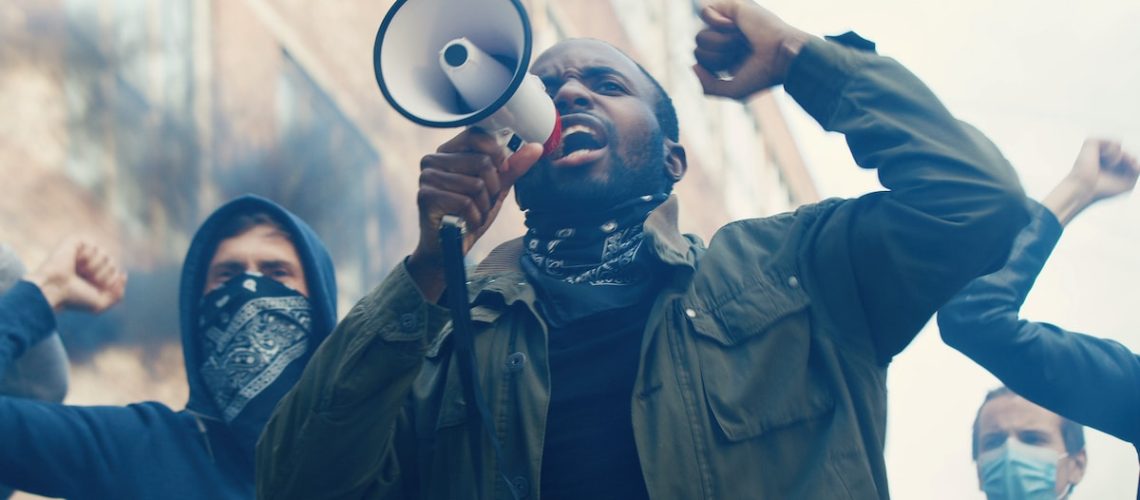Discussing Black history can be uncomfortable and complex, reflecting a challenging aspect of America’s past and present. Here’s a look at 20 reasons why some Americans might shy away from delving into Black history, each revealing layers of societal, educational, and personal dynamics at play.
1. Discomfort With Past Injustices
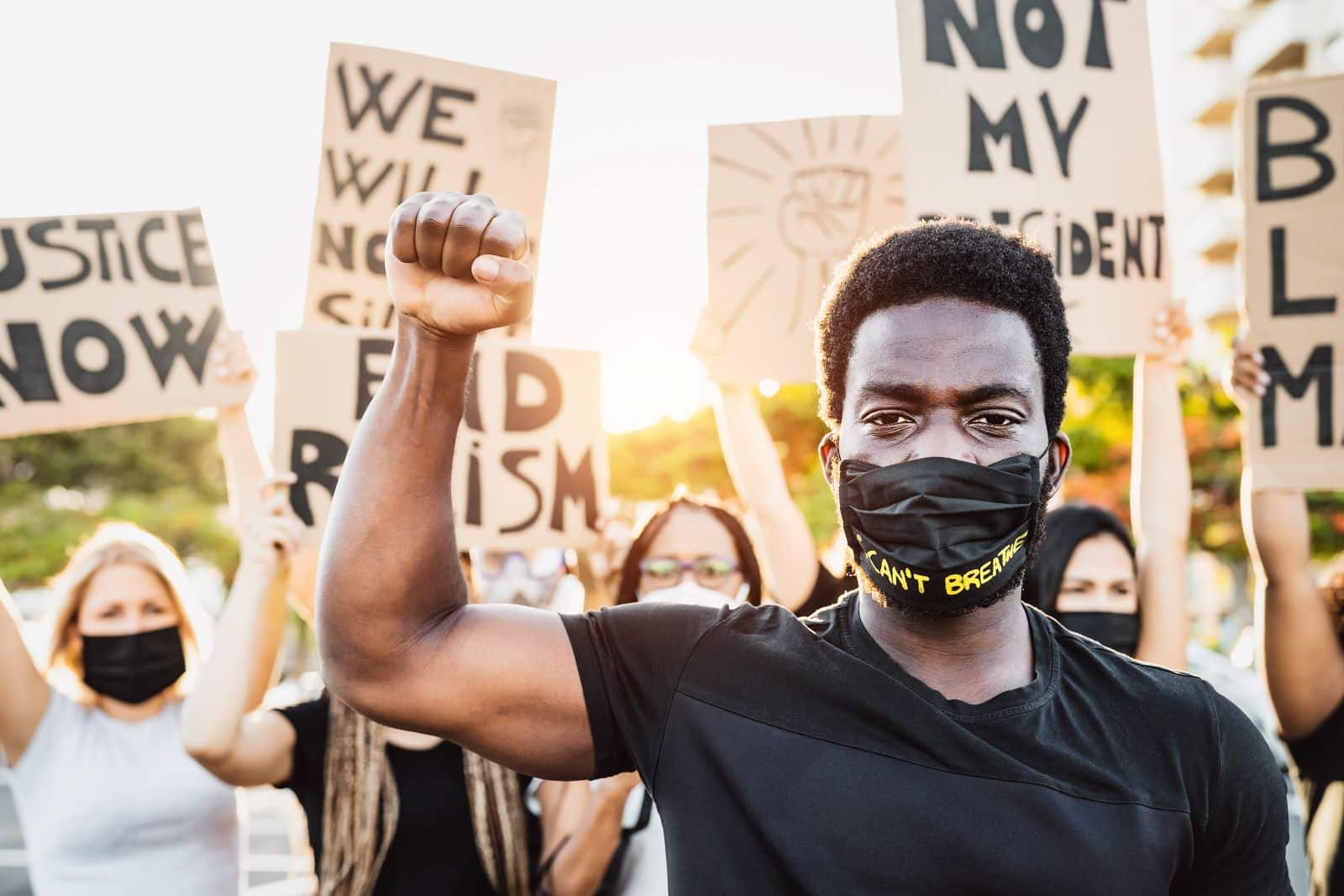
The brutal realities of slavery, segregation, and ongoing racial injustices are uncomfortable subjects that some prefer not to confront, fearing the emotional and moral implications.
2. Lack of Awareness

Many Americans grow up with limited exposure to Black history, which is often underrepresented or sanitized in school curriculums, leading to a lack of understanding.
3. Fear of Facing Privilege

Acknowledging Black history forces some to confront their own privilege or their family’s historical advantage, which can be unsettling.
4. Perceived Irrelevance

Some individuals believe that historical injustices do not impact contemporary society, viewing Black history as irrelevant to current social dynamics.
5. Overwhelming Complexity

The deep and complex issues within Black history, including systemic racism and its roots, can feel overwhelming and daunting to fully understand.
6. Defensive Reactions

Discussions about racial injustices often provoke defensive reactions from those who may feel personally accused or complicit, leading them to avoid the topic.
7. Economic Implications

Acknowledging the economic gains derived from slavery and systemic inequality can lead to challenging conversations about wealth distribution and reparations.
8. Political Polarization

In today’s politically divided climate, Black history can become a polarizing topic, with differing views on the significance and interpretation of historical events.
9. Fear of Social Consequences

Some fear that engaging in discussions about Black history might lead to social alienation or conflict, especially in environments where such discussions are not the norm.
10. Insufficient Educational Resources

Schools in some areas may lack the resources or trained educators needed to teach Black history effectively, leading to a generational gap in knowledge.
11. Misinformation and Stereotypes

Persistent myths, stereotypes, and misinformation about Black history can deter accurate understanding and foster a skewed perception of the past.
12. Avoidance of Guilt

Delving into Black history can induce feelings of guilt or shame among those who identify with the oppressors within historical narratives.
13. Lack of Personal Connection

Individuals who do not see a direct link between their personal history and Black history might find it hard to engage with or see its relevance.
14. Media Representation

Mainstream media often fails to provide nuanced or comprehensive coverage of Black history, opting instead for coverage that can be superficial or sensationalized.
15. Historical Amnesia
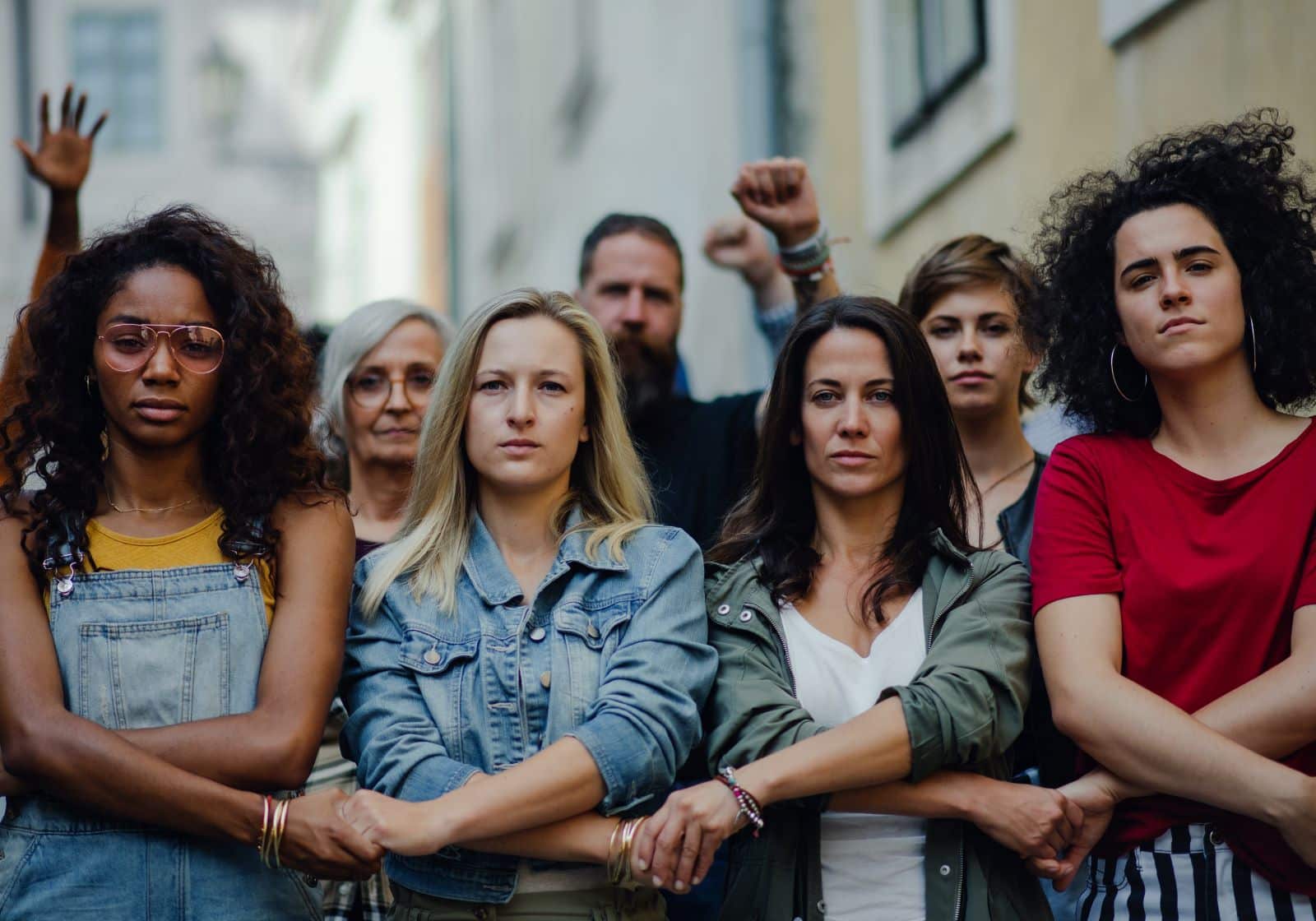
There’s a tendency in society to forget or gloss over uncomfortable parts of history, a phenomenon sometimes referred to as “historical amnesia.”
16. Simplification of History
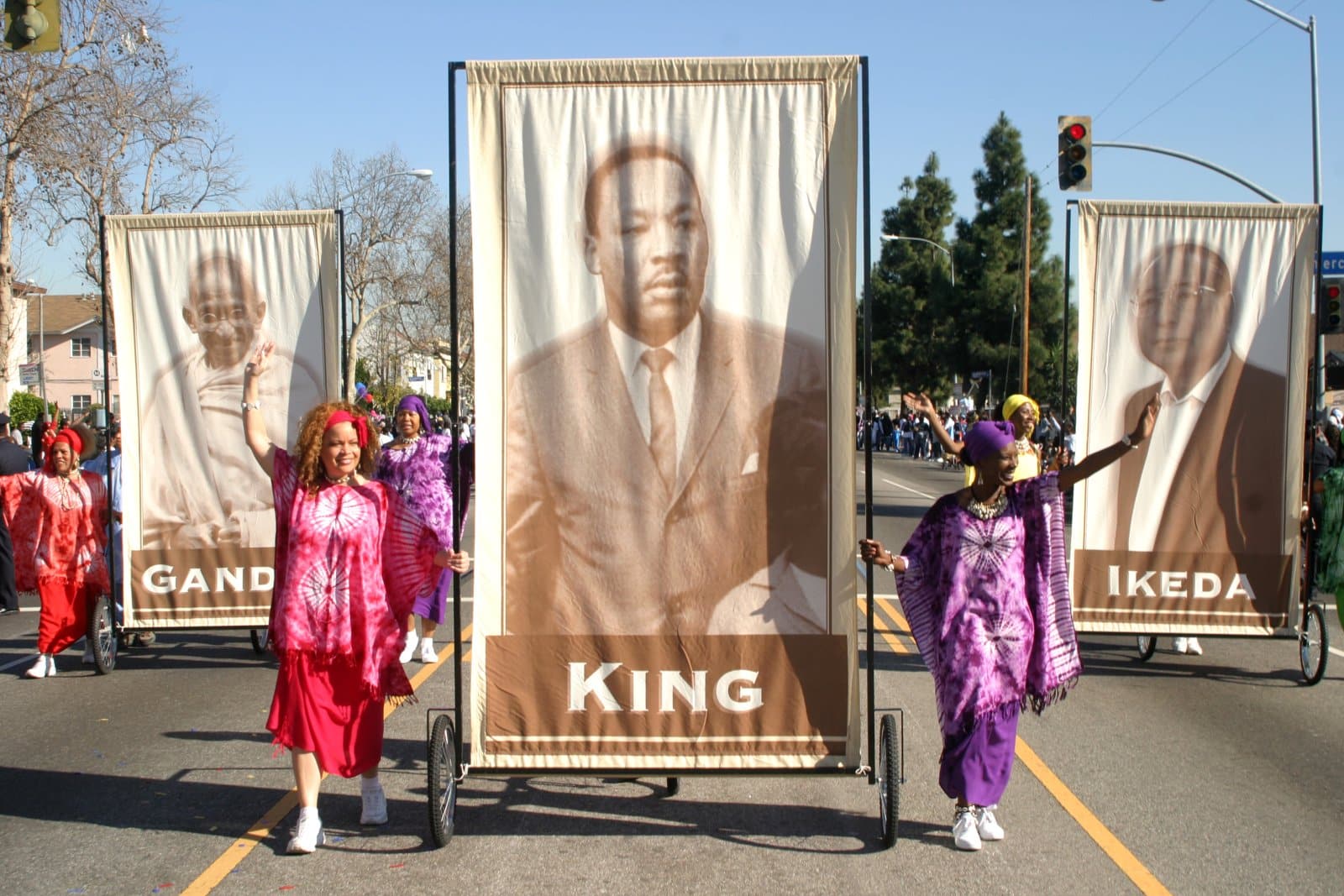
Black history is sometimes reduced to a few key figures or events, like Martin Luther King Jr. or Rosa Parks, which can oversimplify the vast contributions and experiences of Black Americans.
17. Identity Politics

The framing of Black history within the context of identity politics can make it a contentious issue that some prefer to avoid to prevent conflict.
18. Discrepancies in National Identity

Embracing the darker aspects of American history can challenge one’s sense of national pride, leading some to reject or minimize these elements.
19. Cultural Insensitivity
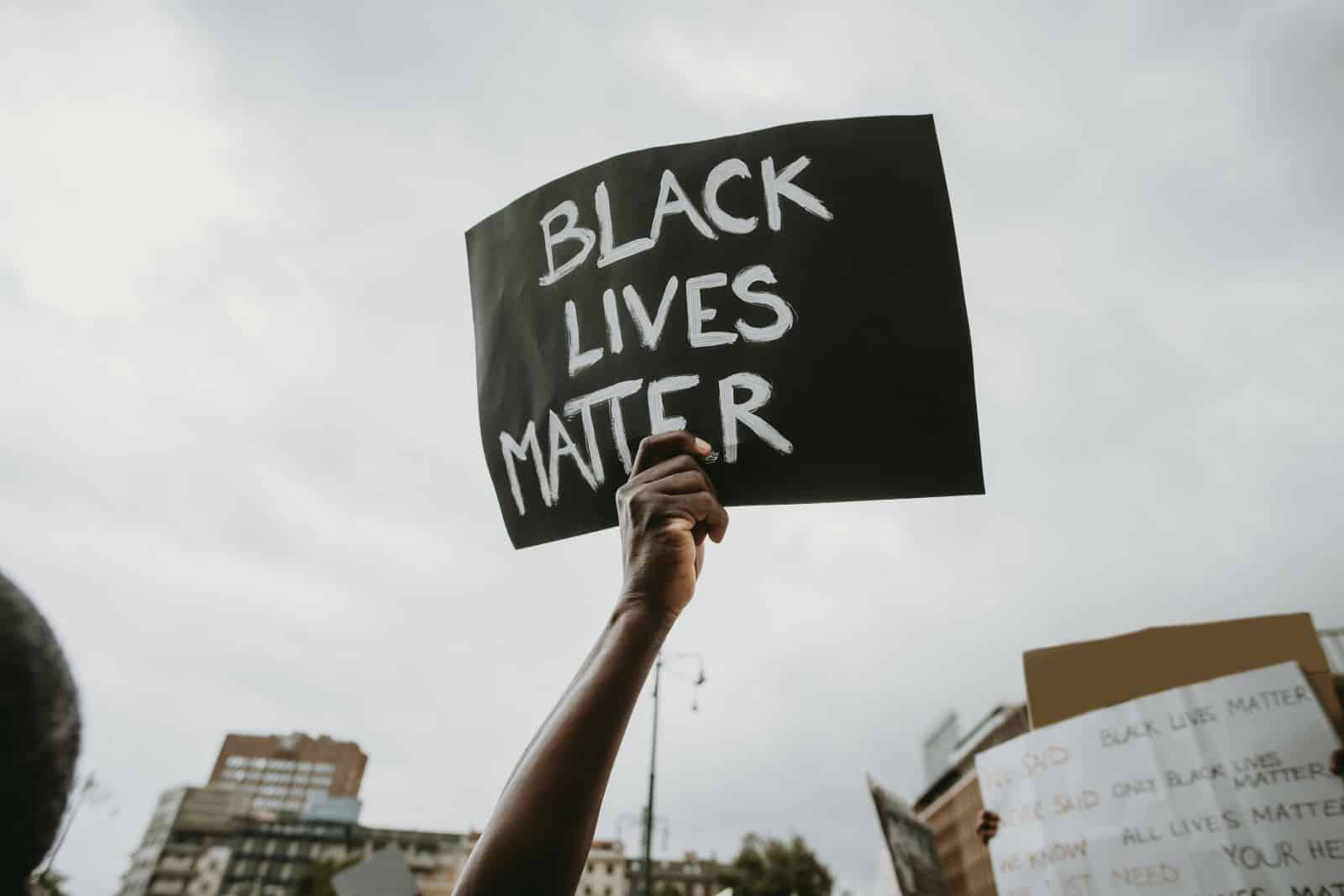
A lack of cultural sensitivity or understanding can lead to misinterpretations or dismissive attitudes towards the significance of Black history.
20. Fatigue

Lastly, some individuals experience a type of discussion fatigue, feeling overwhelmed by the constant, often contentious, dialogue surrounding race relations in America.
Acknowledging the Past, Shaping the Future

Understanding these reasons can help facilitate more open, informed discussions about Black history, encouraging a more inclusive view of America’s past and a deeper appreciation of its ongoing impact on the present and future.
21 Beliefs About the Bible That Are Actually False

The Bible is one of the most discussed and debated books in history, yet many common beliefs about it are more myth than fact. How many of these misconceptions have you heard before? 21 Beliefs About the Bible That Are Actually False
21 Subtle Racisms That Are Commonplace in America

Racism in America isn’t always overt; it often hides in plain sight through subtle actions and attitudes. How many of these subtle racisms have you noticed around you? 21 Subtle Racisms That Are Commonplace in America
Only Legal in America: 21 Things You CAN’T Do in the Rest of the World
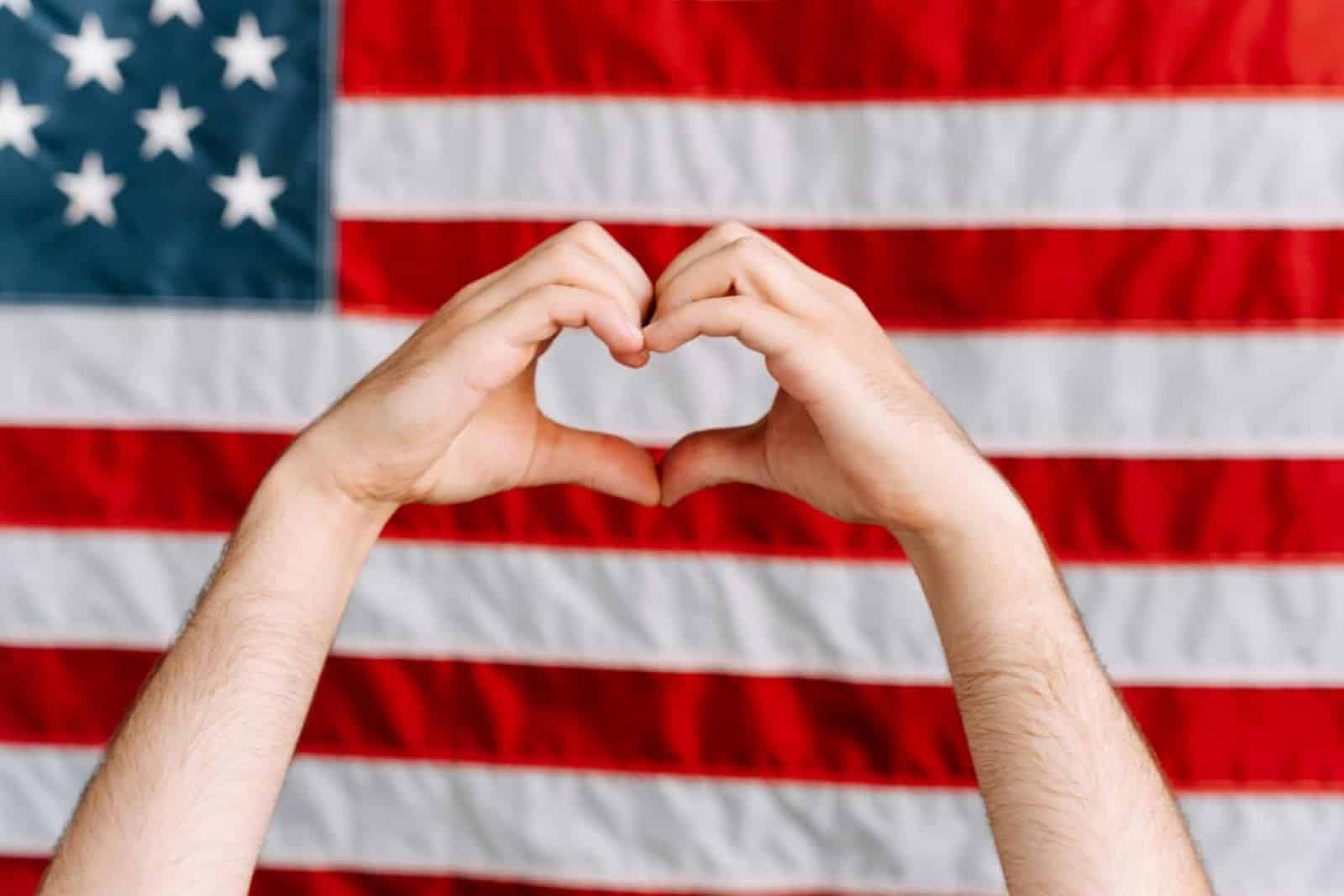
The U.S. dances to its own beat, especially when it comes to laws that make the rest of the world do a double-take. Here’s a lineup of things that scream “Only in America,” sticking strictly to what’s written in the law books. Ready for a tour through the American legal landscape that’ll leave you wondering if freedom might just be a bit too free? Only Legal in America: 21 Things You CAN’T Do in the Rest of the World
Featured Image Credit: Shutterstock / VAKS-Stock Agency.
For transparency, this content was partly developed with AI assistance and carefully curated by an experienced editor to be informative and ensure accuracy.

